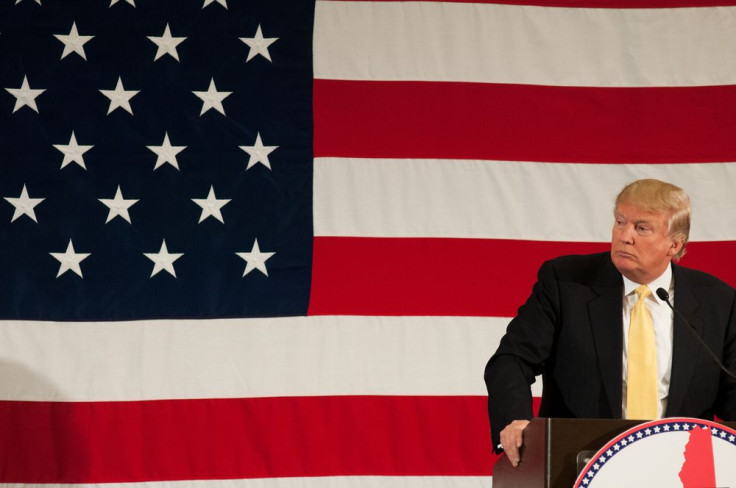
The attendees of the U.S. President Donald Trump’s upcoming election rally in Tulsa, Oklahoma must first agree that they will not hold the administration responsible if they end up getting infected by the coronavirus.
People who wish to go to Trump’s rally in Oklahoma have been asked to RSVP to gain entry to the event. However, to complete the mandatory registration they will have to agree to a disclaimer mentioning that the campaign should not be held responsible if the interested attendee ends up getting COVID-19.
People have been specifically asked to acknowledge the "inherent risk of exposure to COVID-19 exists in any public place where people are present" as a part of the registration process.
The disclaimer reads that "By attending the Rally, you and any guests voluntarily assume all risks related to exposure to COVID-19 and agree not to hold Donald J. Trump for President, Inc.; BOK Center; ASM Global; or any of their affiliates, directors, officers, employees, agents, contractors, or volunteers liable for any illness or injury."
The plans for President's first campaign rally in Oklahoma was officially announced on Wednesday, June 10, by the Trump campaign. Trump will be making an appearance at the BOK Center, which is an indoor venue in Tulsa, Oklahoma, on July 19, 2020.
Most of the country has been shut to prevent the spread of COVID-19 pandemic and therefore, the delay in the plans for the rally ahead of the U.S. Presidential Elections in November 2020.
The number of coronavirus cases in the U.S. continues to rise in many states, whereas some states are showing the downward trend in number followed by others that seem stable.
Waivers like the one mentioned by the Trump campaign are likely to become a part of American lives, believes Catherine Sharkey, a law professor at New York University School of Law.
She said that even though the country is reopening, the threat of coronavirus remains the same and therefore, such disclaimers become important.
"They only give limited protection, so they never would protect against, for example, gross negligence or recklessness," she said in a statement. "One could argue that holding a large public gathering that will draw people together in a context in which they're not able to do social distancing or follow the directive of the CDC, et cetera. One could argue that is grossly negligent."
© 2025 Latin Times. All rights reserved. Do not reproduce without permission.




